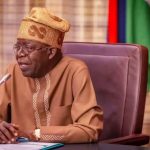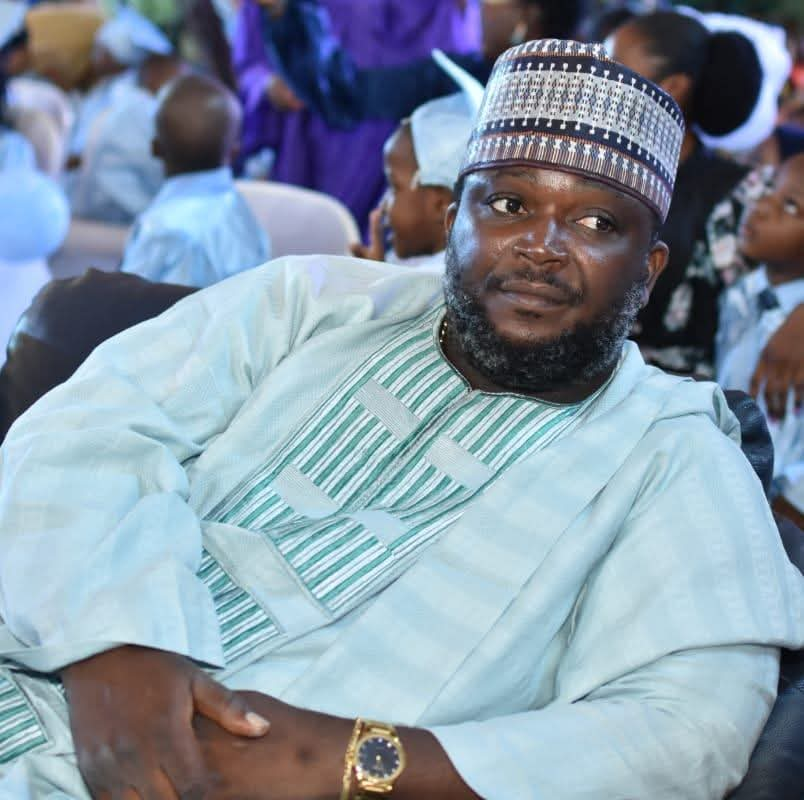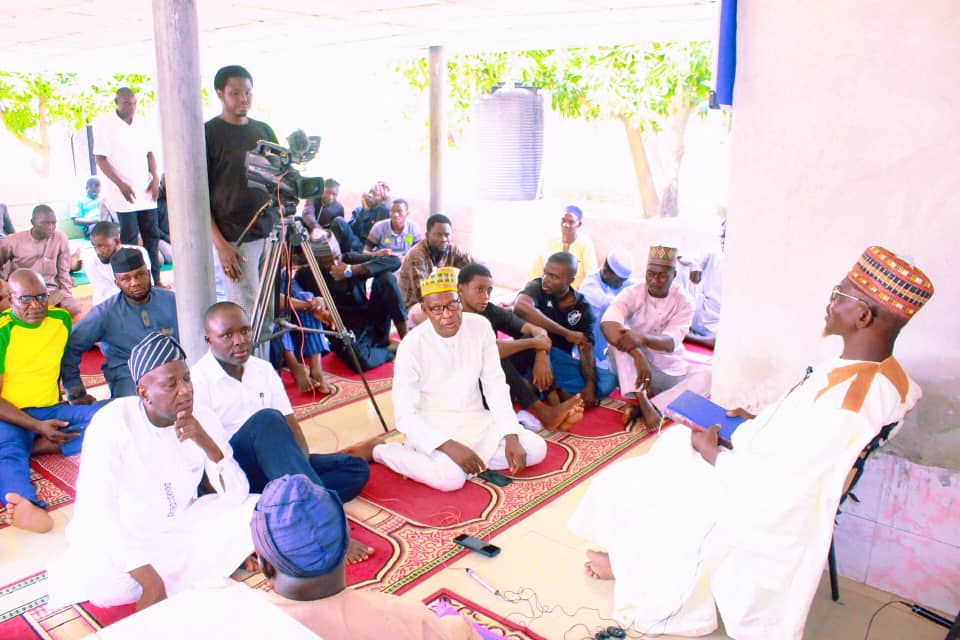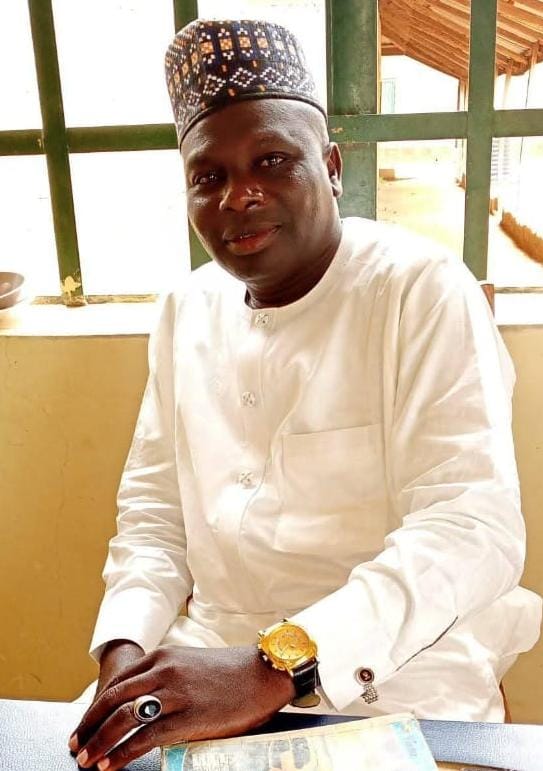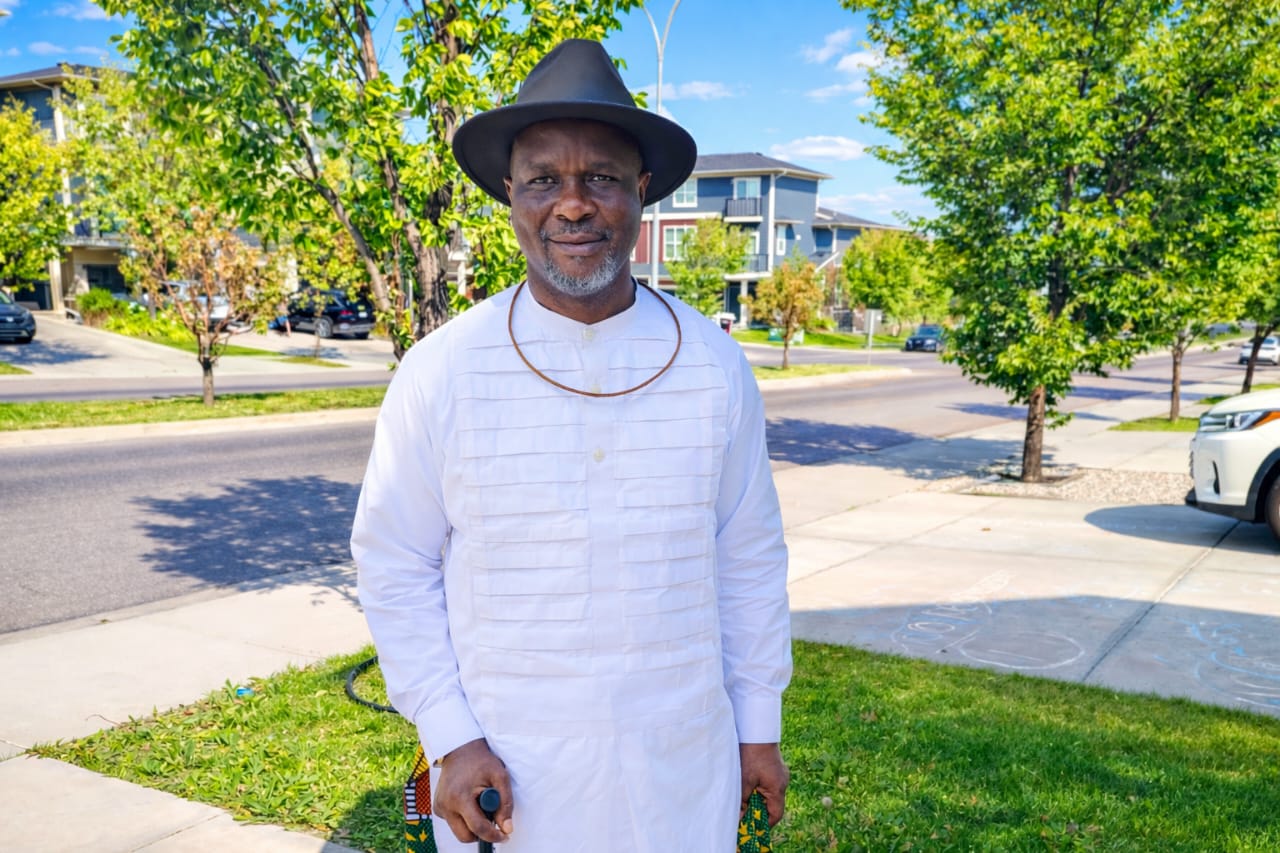2025 BUDGET OF BROKEN VOWS AND REINVIGORATED DESPONDENCY: NIGERIA’S 2025 PLAN FOR SQUANDERED PROSPECTS – Chief Peter Ameh
….A MONUMENT TO WASTE, MISPLACED PRIORITIES AND ASSAULT ON NIGERIA’S FUTURE
The 2025 Nigerian Federal Budget, intended to serve as a blueprint for national development, is instead a glaring testament to uncoordinated spending, monumental waste, and systemic corruption. A cursory examination of its pages reveals a chaotic mishmash of misaligned projects, duplicated expenditures, and outright absurdities that bear little relevance to the mandates of the ministries tasked with their execution. *From the Ministry of Agriculture funding hairdresser training to the Ministry of Foreign Affairs providing relief for internally displaced persons (IDPs),* the budget is riddled with examples of reckless spending that undermine Nigeria’s progress. This gives an opportunity delves into the alarming evidence of budgetary mismanagement, the lack of coordination and strategy, and the urgent need for drastic reforms to prevent the collapse of Nigeria’s economic foundation.
A single page of the 2025 Federal Budget exposes the depth of its dysfunction. Projects such as classroom repairs, solar streetlights, civic centers, stadiums, hairdresser training, and laying interlocking stones in markets appear under the purview of the Ministry of Agriculture, an institution tasked with addressing food security and agricultural development. These initiatives, while potentially valuable in their own right, have no alignment with the ministry’s core responsibilities.
With food inflation soaring at nearly 30%, the allocation of N100 million to train hairdressers by the Ministry of Agriculture is not just a misstep—it is a scandalous misuse of public funds. Such misaligned expenditures highlight a broader issue: the absence of coordination and strategic planning in Nigeria’s budgetary process.
Instead of addressing pressing national challenges, the budget is a patchwork of individual earmarks driven by corrupt intent, with little regard for meaningful impact.
The budget’s incoherence extends beyond the Ministry of Agriculture.
Across various ministries, we see a proliferation of redundant and overinflated projects. For instance, the Ministry of Arts and Culture lists the “renovation and furnishing of artist hostels in Abuja” six times, with identical budget codes and amounts, suggesting blatant duplication. The Secretary of the Government of the Federation’s budget reads like a “Father Christmas list,” packed with constituency projects that defy logic and accountability. Examples include N800 million for “honorarium and sitting allowance,” N150 million for furnishing royal fathers’ homes in Gombe, and countless allocations for vague “food items” and solar projects. These entries reflect a lack of oversight and a culture of unchecked spending, where public funds are treated as personal piggy banks for political elites.
*Perhaps the most egregious example of budgetary misalignment is the Ministry of Foreign Affairs’ allocation of N300 million for “provision of relief items and capacity development for IDPs in the North East.”* This responsibility clearly falls under the Ministry of Humanitarian Affairs or the Ministry of Interior, yet the Foreign Affairs Ministry—tasked with managing Nigeria’s external relations—has been inexplicably assigned this role. Such misallocations raise questions about the government’s competence and intentions. Why are ministries operating outside their mandates? The answer lies in the budget’s structure, which prioritizes individual insertions over national priorities, allowing legislators to exploit vague budget items like “cash grants” for personal gain.
The prevalence of “cash grant” allocations, some as high as N300 million, is particularly alarming. These grants, often requested by legislators, bypass the Ministry of Humanitarian Affairs, which is better equipped to manage such initiatives with accountability. Unlike infrastructure projects, cash grants require minimal documentation, making them ripe for abuse. A senator could distribute a fraction of the funds—say, N10 million—while pocketing the remainder, with little to no oversight. This explains the proliferation of luxury homes and Rolls Royces among political elites, even as household consumption remains stagnant and poverty deepens. The budget’s padding with such unaccountable items perpetuates a cycle of suffering, as public resources are diverted from critical sectors like agriculture, education, and healthcare to enrich a select few.
The 2025 Federal Budget’s lack of coordination and strategy is a recipe for failure. Ministries not tasked with infrastructure are inexplicably building roads, classrooms, and palaces, while projects like tricycles (Keke) costing N200 million are inserted without justification. This scattershot approach ensures that no sector receives the focused investment needed for meaningful impact. The budget’s inefficiencies are not mere oversights; they are symptomatic of a corrupt system where individual interests override national development. As a result, Nigeria’s budgets consistently fail to deliver results, leaving citizens grappling with rising inflation, unemployment, and crumbling infrastructure.
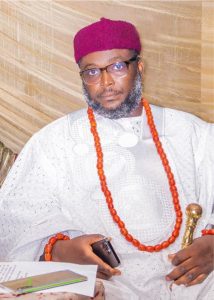
The suffering of Nigerians is directly tied to this unchecked budget padding and misaligned resource allocation. Without drastic measures to reform the budgetary process, Nigeria risks economic collapse. The National Assembly’s role in passing such a flawed document without scrutiny underscores the need for greater transparency and accountability. Budget items must align with ministerial mandates, and mechanisms like Environmental Impact Assessments, feasibility studies, and public audits should be mandatory to prevent waste. Moreover, duplicated projects and vague allocations like cash grants must be eliminated to ensure funds are directed toward transformative initiatives.
The Federal Ministry of Labor and Productivity maintains an office in Geneva, Switzerland, at a staggering cost of N767 million.
The 2025 Federal Budget is a heartbreaking reflection of Nigeria’s broken governance system. Its pages are littered with evidence of waste, duplication, and corruption, from the Ministry of Agriculture funding hairdresser training to the Foreign Affairs Ministry handling domestic relief efforts. The budget’s lack of coordination and strategy, coupled with unaccountable cash grants, ensures that public funds enrich a few while leaving the masses in poverty. To move forward, Nigeria must overhaul its budgetary process, enforcing strict oversight, aligning projects with ministerial mandates, and prioritizing transparency. Without these reforms, the country will continue on a path of unfulfilled potential, where budgets remain a tool for personal enrichment rather than national progress. It is a painful reality that demands urgent action to rebuild a foundation for Nigeria’s future.
Signed,
Chief Peter Ameh
Ex-2019 Presidential Candidate
Former National Chairman, Inter-Party Advisory Council (IPAC) and National Secretary of CUPP





